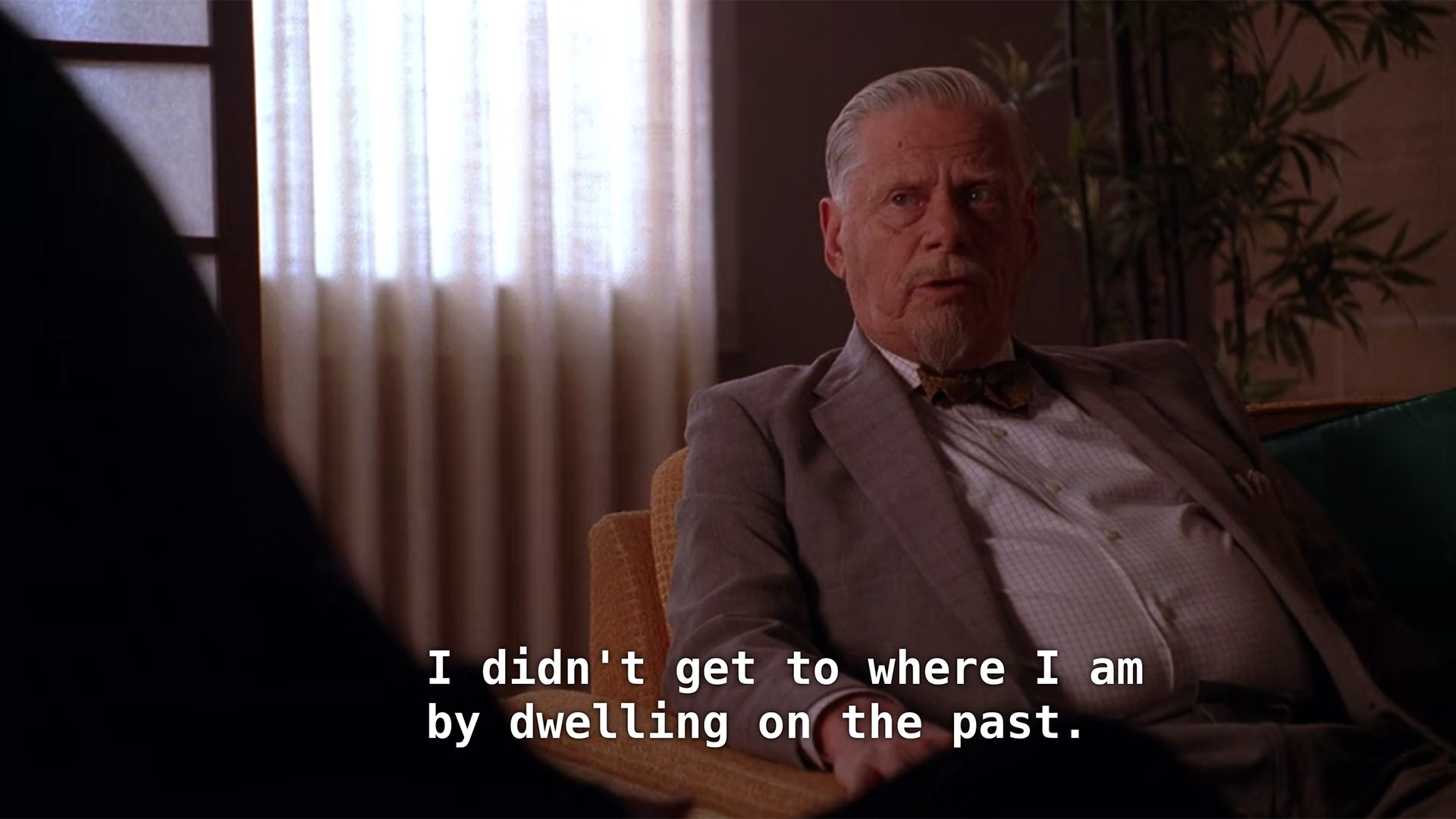What’s on your mind, asks Facebook.
Since you’re asked, oh dear, I’m pissed off. Not because of the rona, not because of the world. The world is doing just fine. I’m pissed off because I opened my heart and again someone trashed it lightly. I don’t know if I should just learn to let it go, to give in to a dimmed life, dimmed emotions, or… I don’t even know what anymore.
Some people are lazy, some other just afraid. Maybe I should just stop being afraid myself and let go. Let go of giving too much of a shit, too much of a fuck. Learning, finally, that love is just another responsibility to be dealt with, as anything else. What a tragedy, what a waste.
I’m tired and it’s a tiredness that comes from deep inside. Yet, I know that I’m better than all of this, better than getting carried away by trivialities, better than begging for crumbles.
I’m better than this, yet sometimes I feel so little I’d rather disappear.
Everything is to lose. What an irony. I guess I was careless of the only thing that matter: myself.

